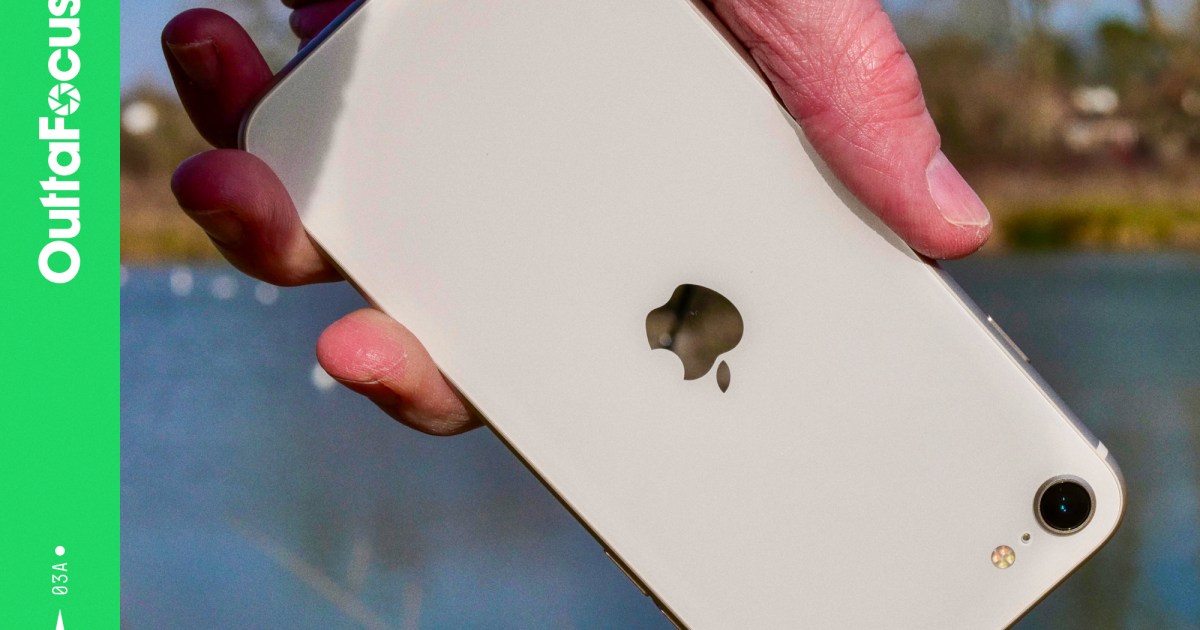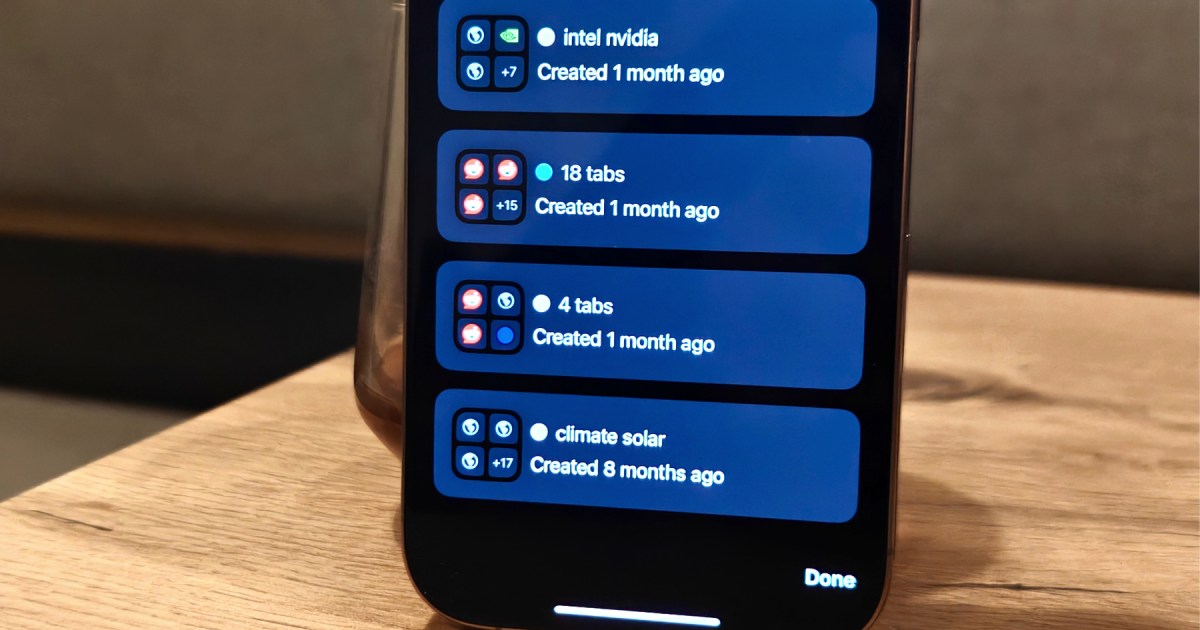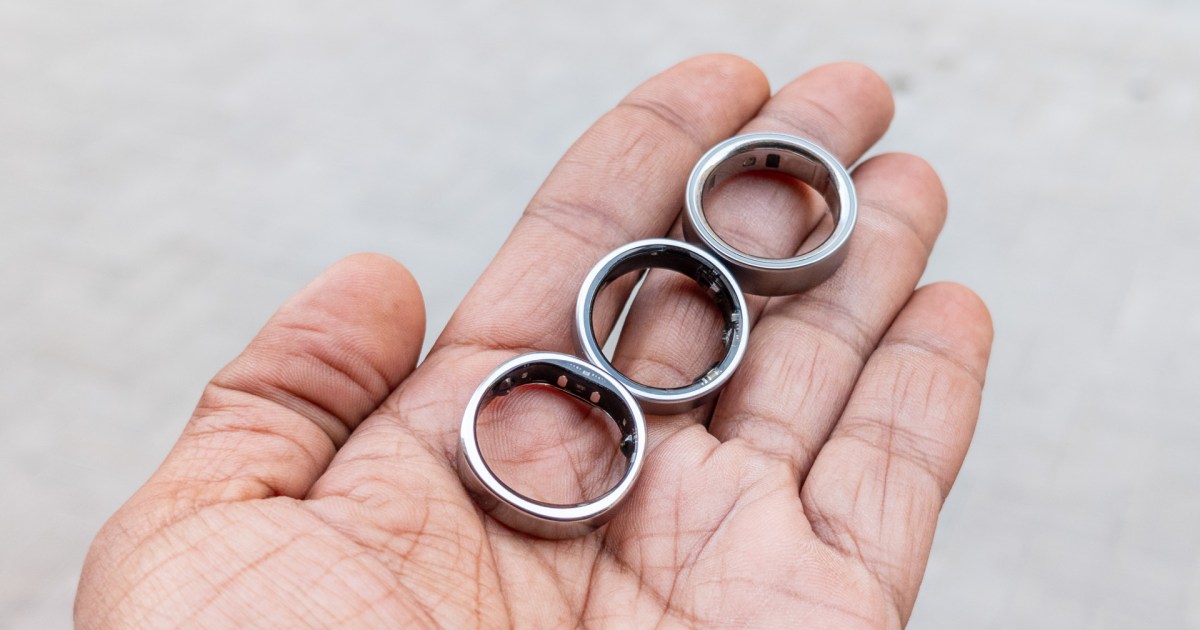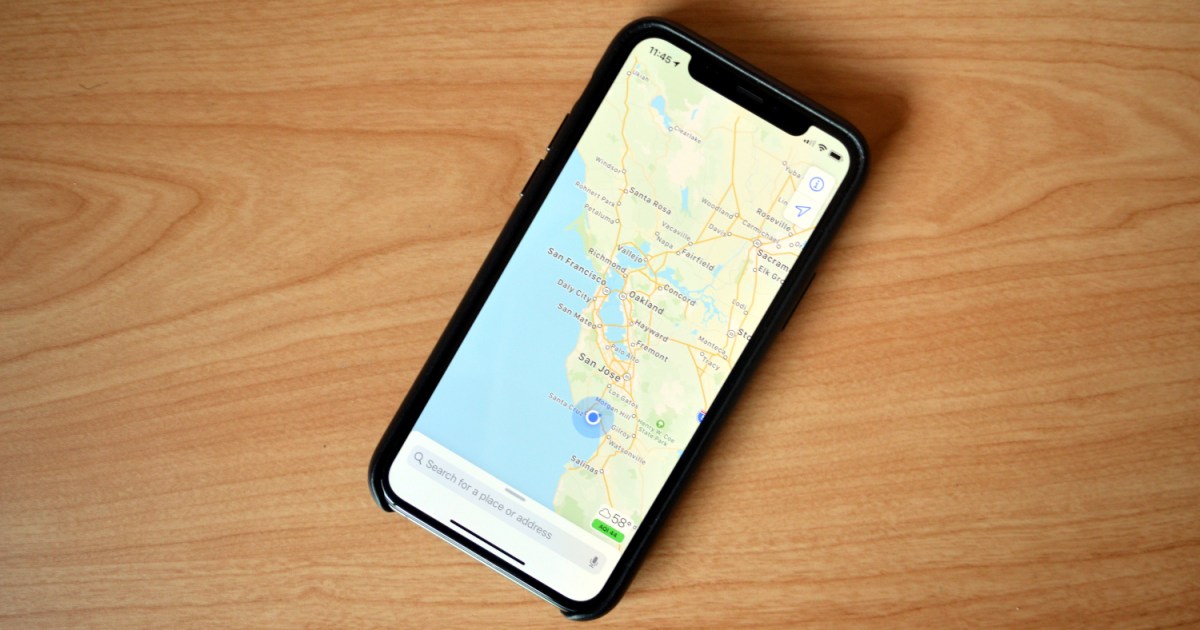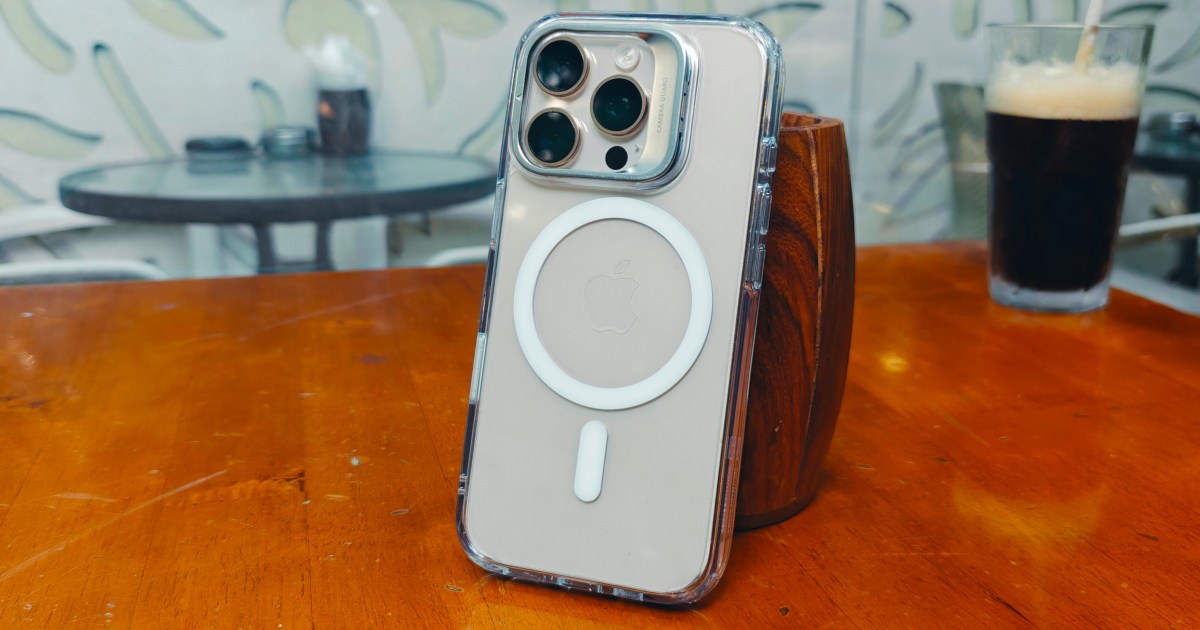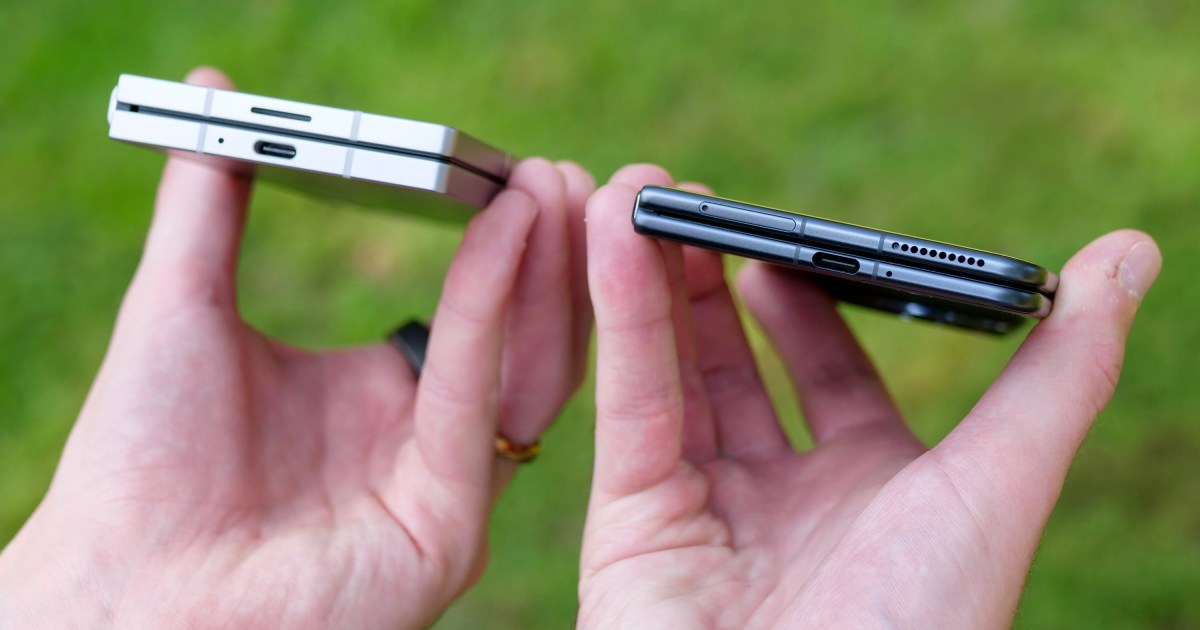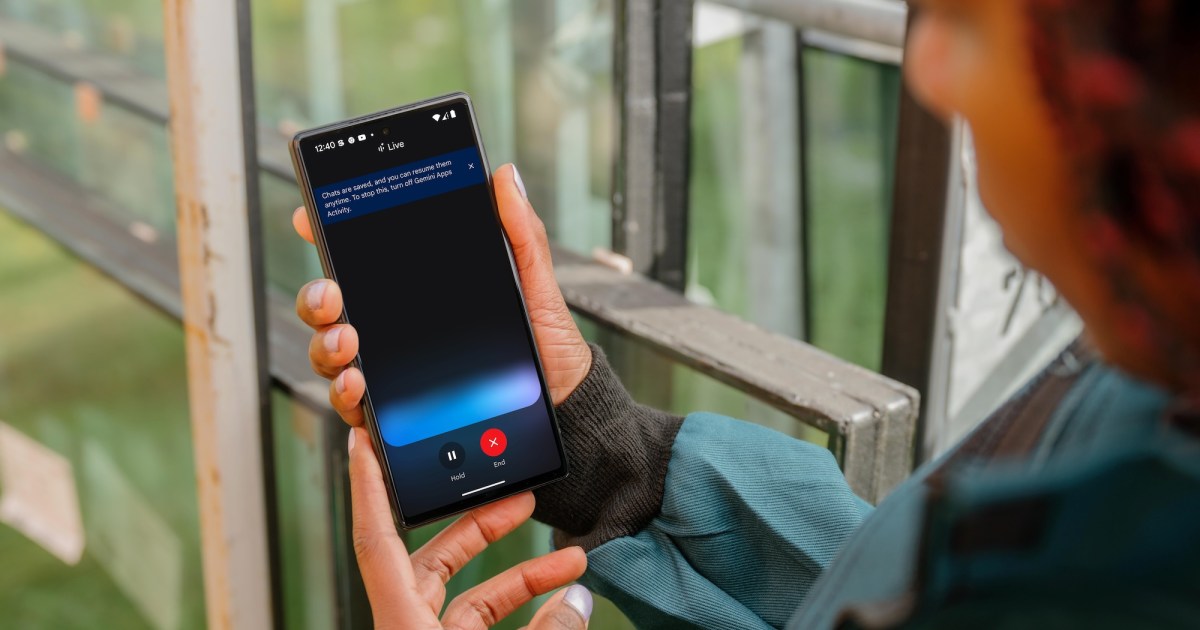The impending release of the new iPhone SE 4 marks a significant shift in Apple’s camera technology. With the expected inclusion of a 48MP camera, the era of the 12MP sensor, a long-standing feature of iPhones including the current SE (2022), is coming to a close. While technological advancements are generally welcomed, the departure of this familiar camera evokes a sense of nostalgia.
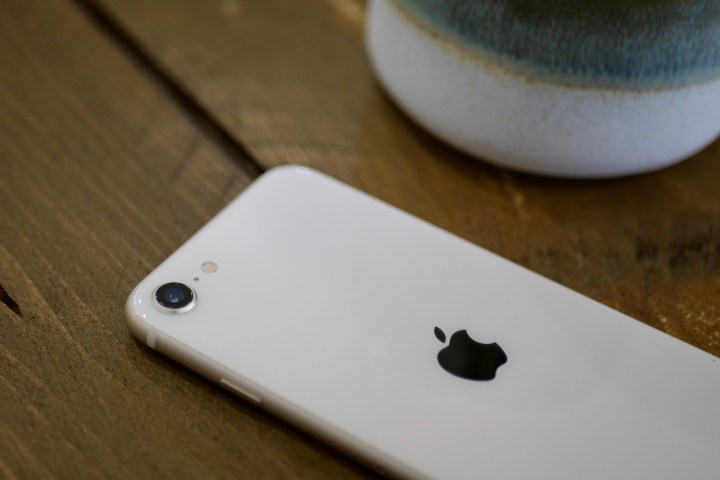 The Apple iPhone SE (2022)
The Apple iPhone SE (2022)
The iPhone 14 series, released after the iPhone SE (2022), was the last new iPhone lineup to feature a 12MP main camera on its standard models. The subsequent iPhone 15 and 16 series embraced the 48MP sensor across all models. The upcoming SE 4 is anticipated to follow suit, streamlining Apple’s camera production. This transition makes practical business sense, aligning all current iPhone models with the latest camera technology.
The Allure of Simplicity
Many equate higher megapixel counts with superior camera quality. While this is a common marketing tactic, the 12MP camera on the iPhone SE (2022) offers a unique charm. Years of refinement have resulted in a camera that, despite its limited features, delivers a surprisingly enjoyable photographic experience.
 A photo taken with the Apple iPhone SE (2022).
A photo taken with the Apple iPhone SE (2022).
A Unique Photographic Character
The iPhone SE (2022)’s camera isn’t designed to compete with flagship smartphone cameras. While it may have shortcomings in areas like portrait mode edge detection and exposure, its strength lies in its distinct photographic character.
It captures images with a pleasing aesthetic balance, a subtle character that appeals to both casual photographers and enthusiasts. It’s not about hyper-realism or excessive detail, but rather a unique tonal quality that sets it apart.
 A photo taken with the Apple iPhone SE (2022).
A photo taken with the Apple iPhone SE (2022).
The images captured, while sometimes imperfect, possess a natural warmth and depth. This distinct character contributes to the overall appeal of the photos. Coupled with the SE’s compact size and one-handed usability, it offers a distinct photographic experience.
A Fond Farewell
The iPhone SE (2022)’s 12MP camera has proven its capabilities. In comparisons with more expensive iPhones, it has often produced surprisingly compelling images. While it may lack features like a wide-angle lens and struggle in low-light conditions, the quality of its main camera images is undeniable.
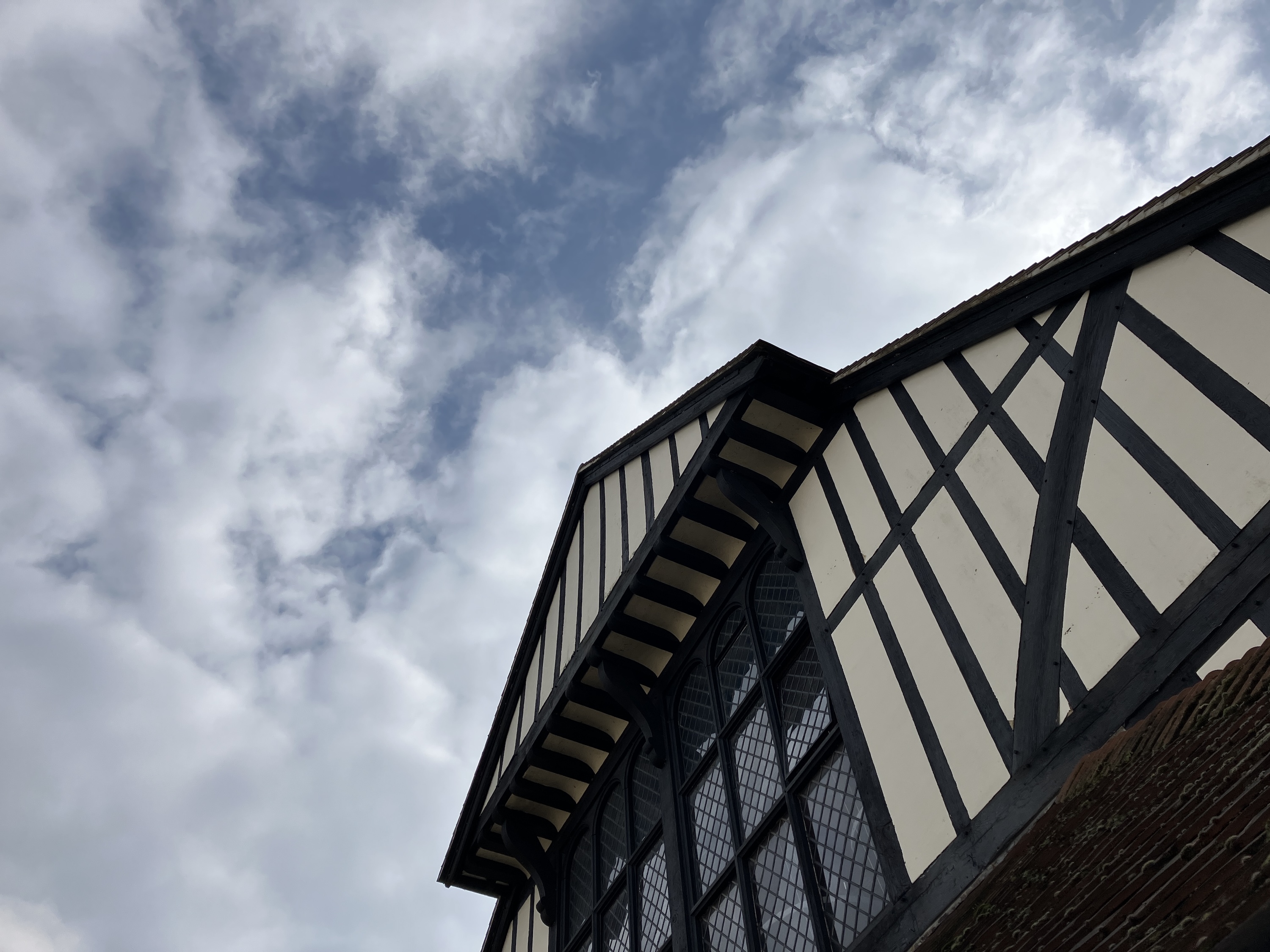 A photo taken with the Apple iPhone SE (2022).
A photo taken with the Apple iPhone SE (2022).
 A photo taken with the Apple iPhone SE (2022).
A photo taken with the Apple iPhone SE (2022).
The transition to 48MP cameras in newer iPhones, while offering improvements, has also subtly altered the photographic character. The distinct tone of the 12MP camera is noticeable when comparing images side-by-side.
 A photo taken with the Apple iPhone SE (2022).
A photo taken with the Apple iPhone SE (2022).
 A photo taken with the Apple iPhone SE (2022).
A photo taken with the Apple iPhone SE (2022).
This preference for the 12MP aesthetic isn’t isolated. Trends in South Korea, fueled by social media, indicate a renewed interest in older iPhones and digital cameras specifically for their distinct image quality. This nostalgia speaks to the enduring appeal of Apple’s 12MP camera technology.
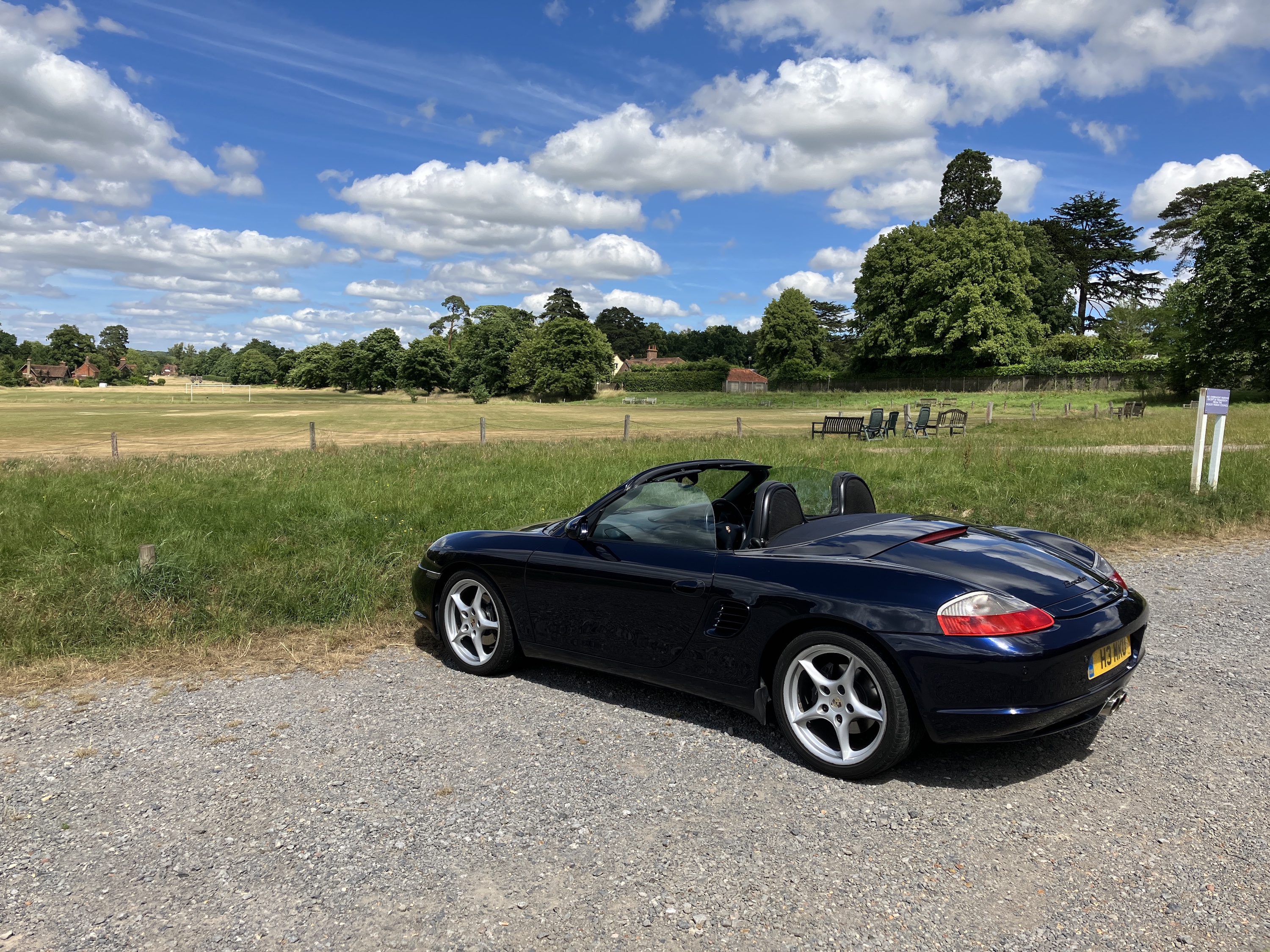 Main camera photo taken with the iPhone SE (2022).
Main camera photo taken with the iPhone SE (2022).
 Photo of a pond taken with the iPhone SE (2022).
Photo of a pond taken with the iPhone SE (2022).
A Touch of Personality
While the 48MP camera offers advancements in image quality and features, it hasn’t yet fully replicated the unique character of the 12MP sensor. Despite Apple’s efforts to introduce features like Photographic Styles, the distinct charm of the older camera remains.
 Photo of sunflowers taken with the iPhone SE (2022).
Photo of sunflowers taken with the iPhone SE (2022).
 Photo of a bee taken with the iPhone SE (2022).
Photo of a bee taken with the iPhone SE (2022).
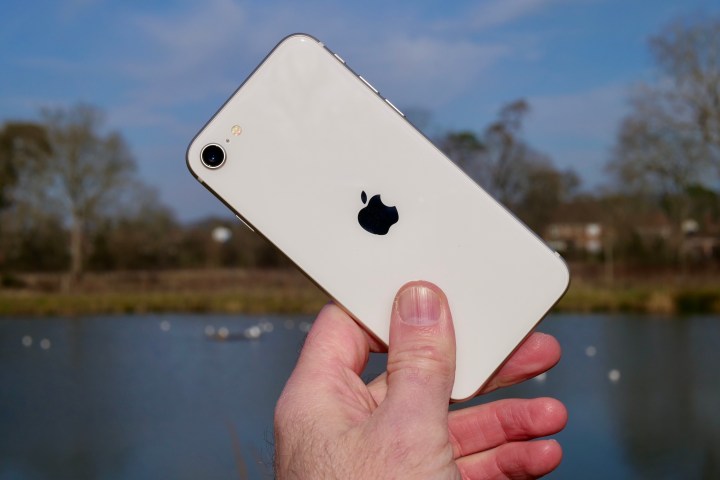 A person holding the The Apple iPhone SE (2022).
A person holding the The Apple iPhone SE (2022).
The advancements in camera technology are appreciated, but the unique character of the 12MP camera will be missed. It offered a specific aesthetic that resonated with many users, and its departure signifies the end of an era in iPhone photography.



